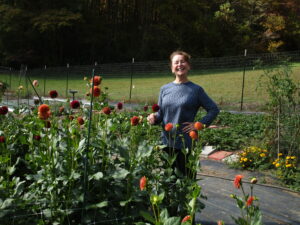
2026 WNC AgOptions Grants
Jodie McCord of Great Blue Farms – a 2022 WNC AG Options recipient The WNC Agricultural Options Program is now …



El inglés es el idioma de control de esta página. En la medida en que haya algún conflicto entre la traducción al inglés y la traducción, el inglés prevalece.
Al hacer clic en el enlace de traducción se activa un servicio de traducción gratuito para convertir la página al español. Al igual que con cualquier traducción por Internet, la conversión no es sensible al contexto y puede que no traduzca el texto en su significado original. NC State Extension no garantiza la exactitud del texto traducido. Por favor, tenga en cuenta que algunas aplicaciones y/o servicios pueden no funcionar como se espera cuando se traducen.
Inglês é o idioma de controle desta página. Na medida que haja algum conflito entre o texto original em Inglês e a tradução, o Inglês prevalece.
Ao clicar no link de tradução, um serviço gratuito de tradução será ativado para converter a página para o Português. Como em qualquer tradução pela internet, a conversão não é sensivel ao contexto e pode não ocorrer a tradução para o significado orginal. O serviço de Extensão da Carolina do Norte (NC State Extension) não garante a exatidão do texto traduzido. Por favor, observe que algumas funções ou serviços podem não funcionar como esperado após a tradução.
English is the controlling language of this page. To the extent there is any conflict between the English text and the translation, English controls.
Clicking on the translation link activates a free translation service to convert the page to Spanish. As with any Internet translation, the conversion is not context-sensitive and may not translate the text to its original meaning. NC State Extension does not guarantee the accuracy of the translated text. Please note that some applications and/or services may not function as expected when translated.
Collapse ▲
Jodie McCord of Great Blue Farms – a 2022 WNC AG Options recipient The WNC Agricultural Options Program is now …
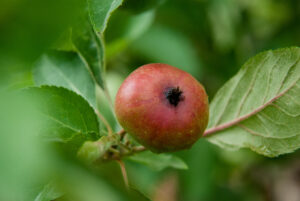
Second generation codling moth is the main insect of concern this week, with first generation brown marmorated stink bug …

Cover Crop Workshop: Success with Growing Cover Crops Join us on July 23, 2025 at 1:30 p.m. for an insightful …

Rockingham County just got an unwelcome new resident — spotted lanternfly (SLF). This isn’t just any insect; it’s an …

Post-Helene Extension has received numerous questions about protecting farms from future weather events and restoring soils impacted by the …
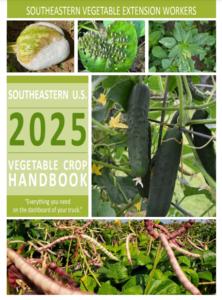
The 2025 Southeastern U.S. Vegetable Crop Handbook All-in-one vegetable guide representing a joint effort among Extension Specialists and Researchers from 14 land-grant …

Whether you are a new or multi-generation peach grower, join us on Tuesday, January 28, 2025, for the NC Peach Growers’ …

12/16/2024 – Mark your calendars for the annual Winter Vegetable Conference and NC Tomato Growers Meeting. It will be …

When decorating your real Christmas tree, have you ever wondered where your tree came from and how long did …
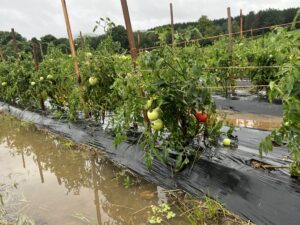
Hurricane Helene is expected to bring significant amounts of rainfall to areas where fresh fruits and vegetables are grown …
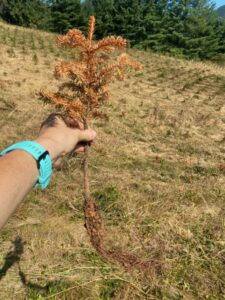
Weather Trends: Hot and Dry Summers Here to Stay Skip to Weather Trends: Hot and Dry Summers Here to Stay According …
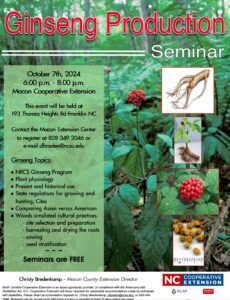
N.C. State Extension is offering a free seminar on Ginseng Production for homeowners who desire to grow “sang.” This …

You are invited to an informational meeting about the 2025 WNC AgOptions grant program for growers and producers. The …
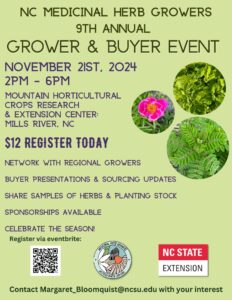
7/24/2024 – Join farmers and buyers, and celebrate the season at the 9th Annual NC Medicinal Herb Grower Buyer …
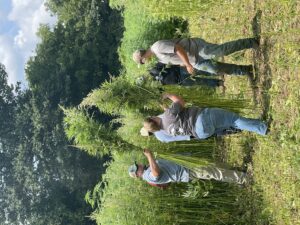
7/24/2024 – Join us for the Industrial Hemp Morning on August 16, 2024 in Mills River, NC, hosted by …
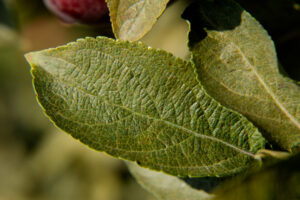
Codling Moth: As summarized in last week’s update, second generation codling moth is the key concern at this time. …
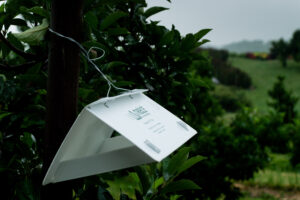
Codling Moth remains the primary insect of concern at this time. As of May 14, the egg hatch model …
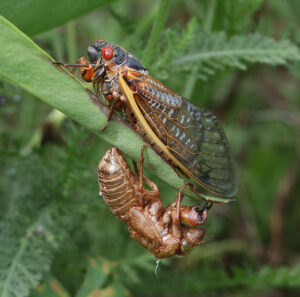
In case you haven’t heard, 2024 marks the emergence of the 13-year periodical cicadas (Magicicada spp.). The 13-year cicadas are known as Brood …

This factsheet discusses symptoms and control of several leaf diseases common in North Carolina blueberry …
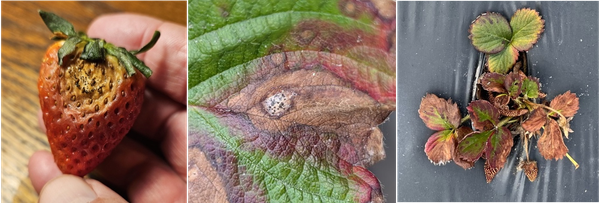
NC State conducted a strawberry Neopestalotiopsis (Neo-P) trial at the Horticultural Crops Research Station in …
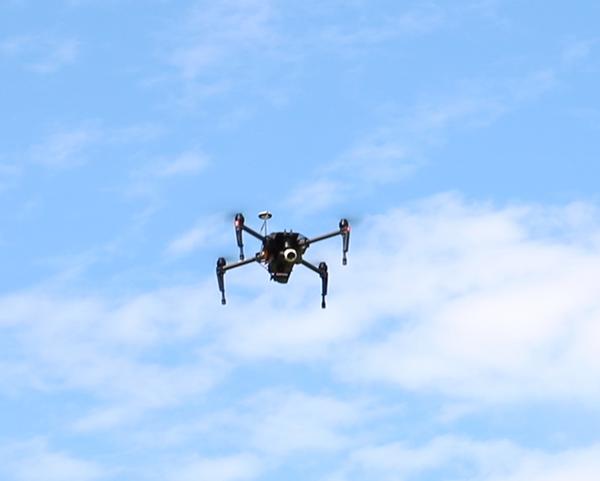
This publication discusses flying unmanned aerial vehicles (drones, model aircraft) for commercial purposes. You'll learn …

This publication reviews research between the late 2000s and the 2020s to explore trends shaped …
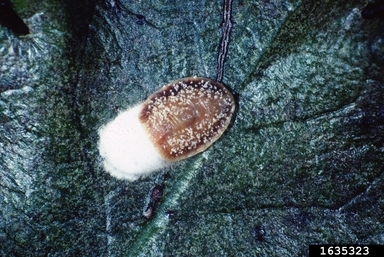
This article will cover two important scale insect pests of blueberries in North Carolina, terrapin …
Much success in growing tomatoes can be attributed to use of a few proven techniques. …
This publication discusses growing and harvesting head lettuce, the most important salad vegetable grown in …
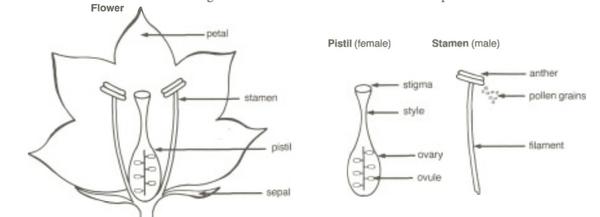
This guide presents basic facts about seeds, including how they develop, how to store and …